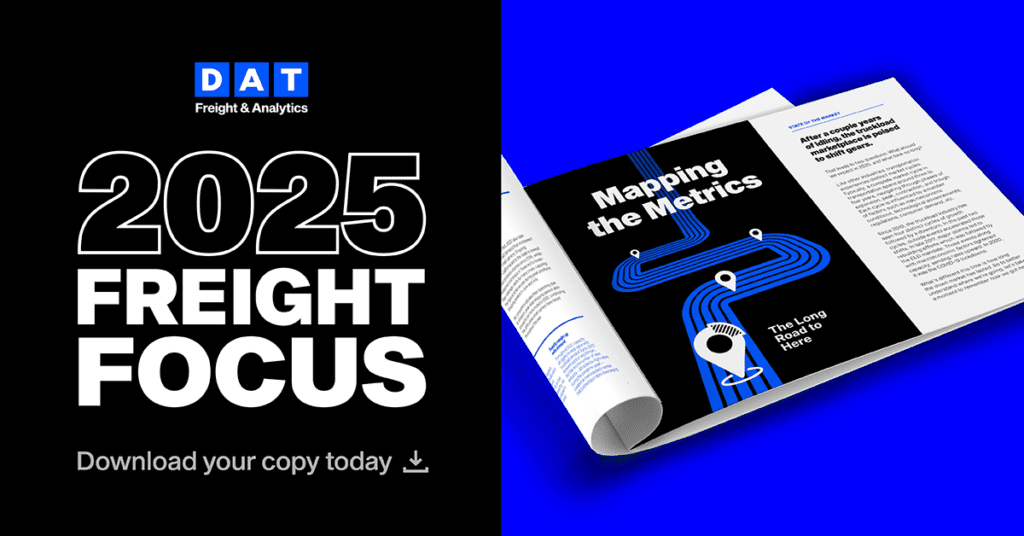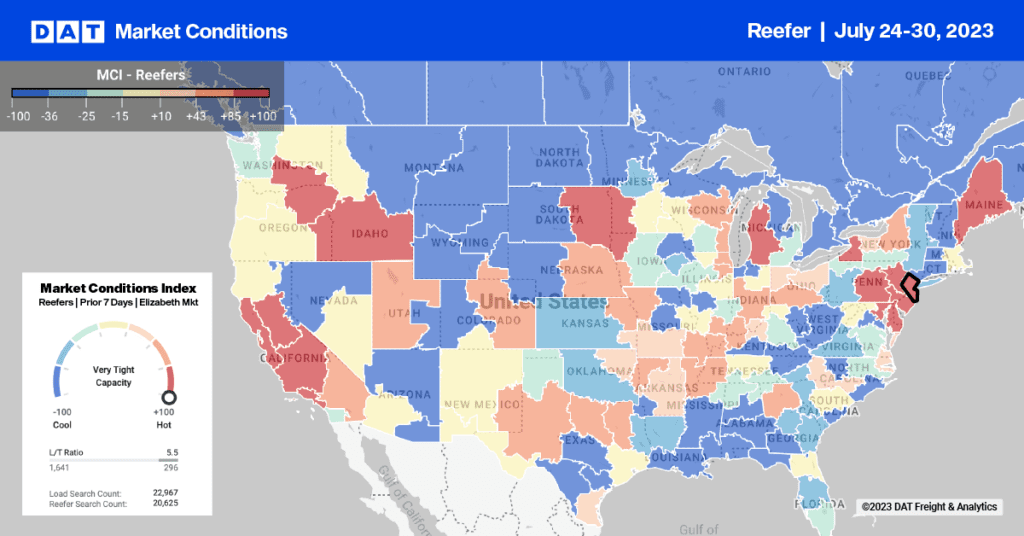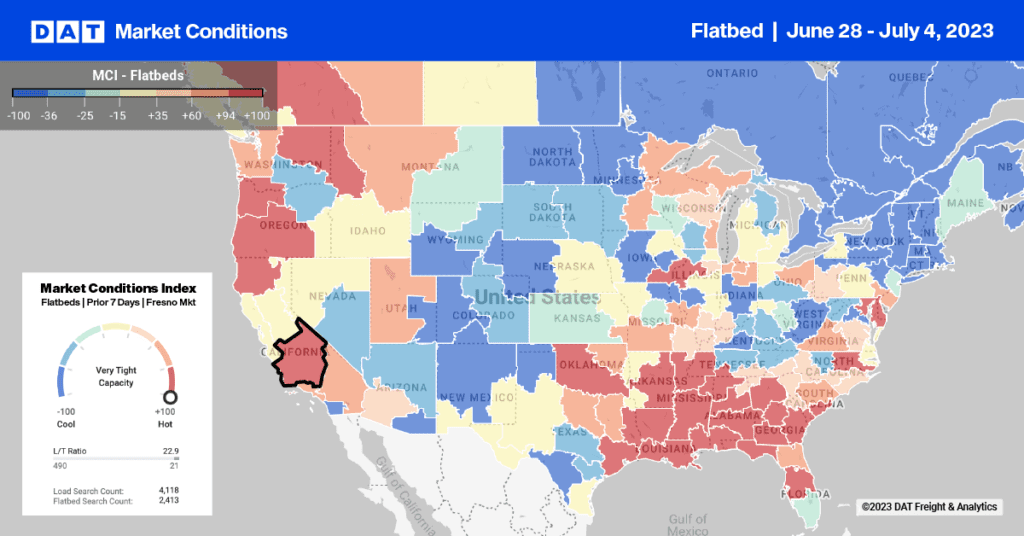Transportation continues to be a hot-button issue in Congress these days. The U.S. Senate and House of Representatives are trying to find common ground on the Transportation Bill, to replace legislation due to expire on June 30th.
Along with funding for interstate highways, bridges and railroads, the bill includes some trucking-related provisions. Among them: increasing the broker’s surety bond from $10,000 to $100,000, and requiring separate registrations and authority for carriers, brokers and freight forwarders. The bill also funds several pilot programs and studies, dealing with parking for commercial vehicles, increased weight limits for trailers, and other issues.
There are two versions: the original Senate version is a two-year, $109 billion package, while the House proposed a five-year, $260 billion bill. There are many other differences between the two, aside from duration and cost. Approval of funding for the politically charged Keystone XL pipeline is included in the House version, but not the Senate bill, for example.
An article in Wednesday’s Journal of Commerce reported that the Senate presented a compromise to the House. Then on Thursday, House Speaker John Boehner told the press that he might seek a six-month extension instead of pushing for an agreement on the new bill. That could push the new deadline past the November elections and into a “lame duck session” of Congress.
This issue is llkely to remain in the news for the next two weeks, at minimum. I will continue to post updates here, and I welcome your comments.


